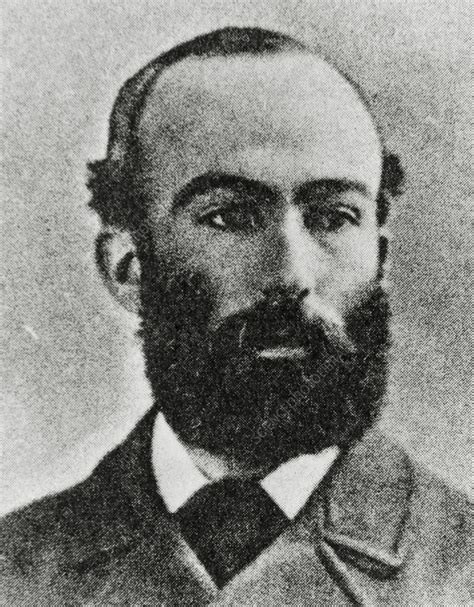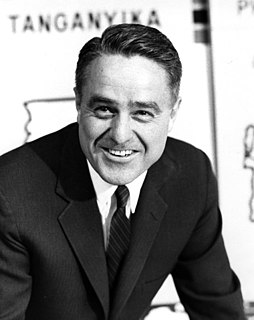A Quote by Marshall McLuhan
The more the data banks record about each one of us, the less we exist.
Related Quotes
Gay people exist. There's nothing we can do in public policy that makes more of us exist, or less of us exist. And you guys have been arguing for a generation that public policy ought to essentially demean gay people as a way of expressing disapproval of the fact that we exist, but you don't make any less of us exist. You just are arguing in favor of more discrimination, and more discrimination doesn't make straight people's lives any better.
Many of us will be obsessed with one or another kind of secret or revelation, be it gossip about friends or ourselves, a fantasy about spies, or a worry about the most personal information now stored in data banks. But few of us think about secrets in general, or about the moral rights and wrongs of hiding or exposing them.
We get more data about people than any other data company gets about people, about anything - and it's not even close. We're looking at what you know, what you don't know, how you learn best. The big difference between us and other big data companies is that we're not ever marketing your data to a third party for any reason.
Any time scientists disagree, it's because we have insufficient data. Then we can agree on what kind of data to get; we get the data; and the data solves the problem. Either I'm right, or you're right, or we're both wrong. And we move on. That kind of conflict resolution does not exist in politics or religion.
The main thing is that people see constant reports of break-ins on, on record systems and stolen financial data and social security records and so they'd think about you know what's going to prevent that happening with my medical records. And interestingly enough, patients are less worried about that than their doctors are.





































